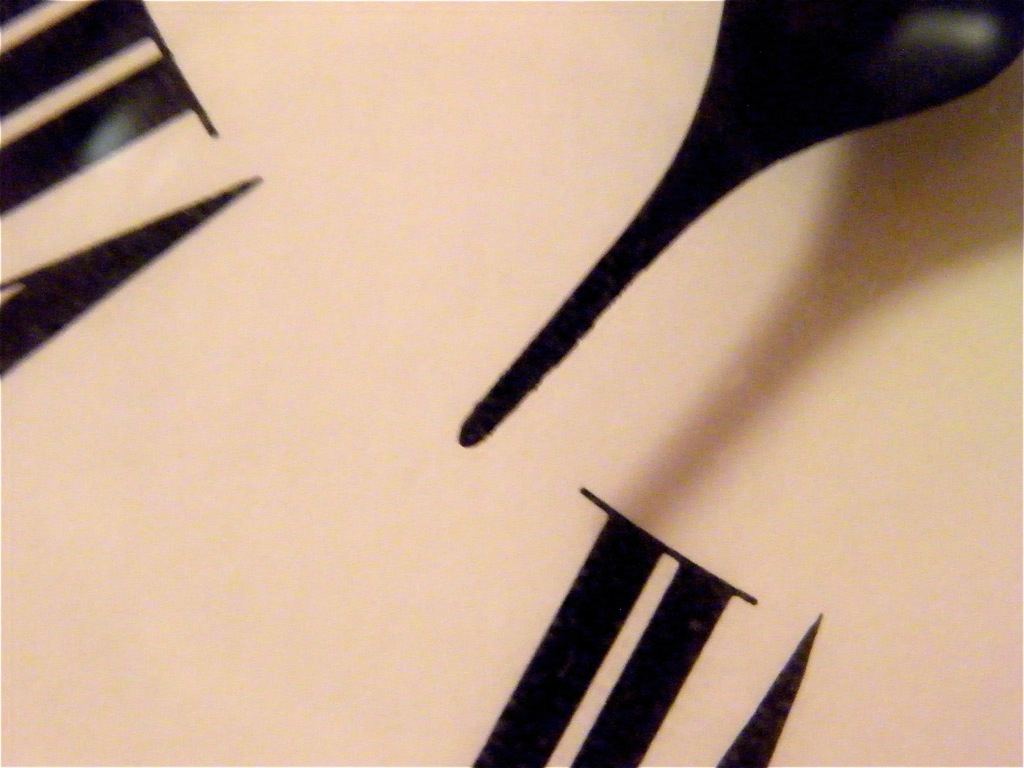If you or a loved one has been injured by a doctor or hospital, Call the Medical Malpractice Crisis Resource Line for Immediate Help >
Free Consultation. Call Now. (516) 394-4200
(516) 394-4200

Lawsuits alleging abuse, neglect, or mistreatment of nursing home residents can be procedurally complex. In addition to a lengthy discovery process wherein the parties review the medical records, determine the factual witnesses, and often depose medical experts, there are also many motions for various forms of relief.
One motion that can be fatal to a nursing home negligence case is a motion for summary judgment. This type of motion, more often made by defendants, essentially asks the court to dismiss the opposing party’s case because, even if everything that party alleges is accepted as true, there can still be no relief under the law. As with other documents in civil lawsuits, motions should be made in a timely fashion.
The Facts of the Case
In Bennett v St. John’s Home & St. John’s Health Care Corp., the plaintiff was a man whose late wife was a patient in a nursing home operated by the defendant heath care corporation. After his wife died, he filed suit – acting both in his individual capacity and as the administrator of his wife’s estate – against the defendant. Among his allegations were claims that his late wife had been deprived of her rights under various state and federal regulations. In particular, his suit was filed pursuant to N.Y. Public Health Law § 2801-d.
More than 120 days after a note of issue was filed, the defendant filed a motion for summary judgment. The trial court granted the motion, and the man appealed.
The Decision of the Appellate Court
On appeal to the Appellate Division, Fourth Department, the man argued that the trial court should not have granted summary judgment to the defendant because its motion was not timely filed, and it had not shown good cause for its delay in filing the motion. The court disagreed and affirmed the lower court’s ruling.
The court found that the plaintiff had waived any arguments concerning the timeliness of the defendant’s motion for summary judgment because he had expressly consented to the timing of the motion prior to the time that it was made. In the majority opinion, the court noted that a dissenting opinion to the effect that the trial court was not required to accept the parties’ stipulation to extend the 120-day deadline required under New York procedural law, but it stated that the majority of the court believed that the timing requirements pertaining to summary judgment motions could be waived by a party without such violating public policy.
To Seek Help with Your New York Nursing Home Negligence Case
If you have a loved one whom you believe has suffered serious injury or death because of mistreatment or nursing home negligence, you need to know how to assert a claim on your loved one’s behalf, and you need to do it in a timely fashion. The nursing home negligence attorneys at Duffy & Duffy are experienced in investigating allegations of abuse and neglect, and we will be glad to talk to you about your case. To schedule an appointment, call (516) 394-4200 and ask for a free consultation. We serve clients in Nassau, Suffolk, and Kings Counties, as well as elsewhere in New York.
Related Blog Posts
New York Nursing Home Legal Basics
New York Nurse Aide Charged Criminally for Allegedly Slapping a Resident – State v. Geloso
No. Our injury cases are handled on a contingent retainer. You pay nothing upfront, and we recover attorney’s fees only if your litigation is successful. We don’t bill by the hour. You don’t need to worry about running up a large attorney’s bill before you see any recovery for your injuries.
Yes. Our firm is dedicated to creating a strong relationship with our clients, beginning with keeping your information and consultation confidential.
Each case we encounter is carefully screened and evidence scrutinized to make sure the claim is meritorious and may be successful at trial. We will perform an investigation, and then our partners make a final decision on whether to take on a case.